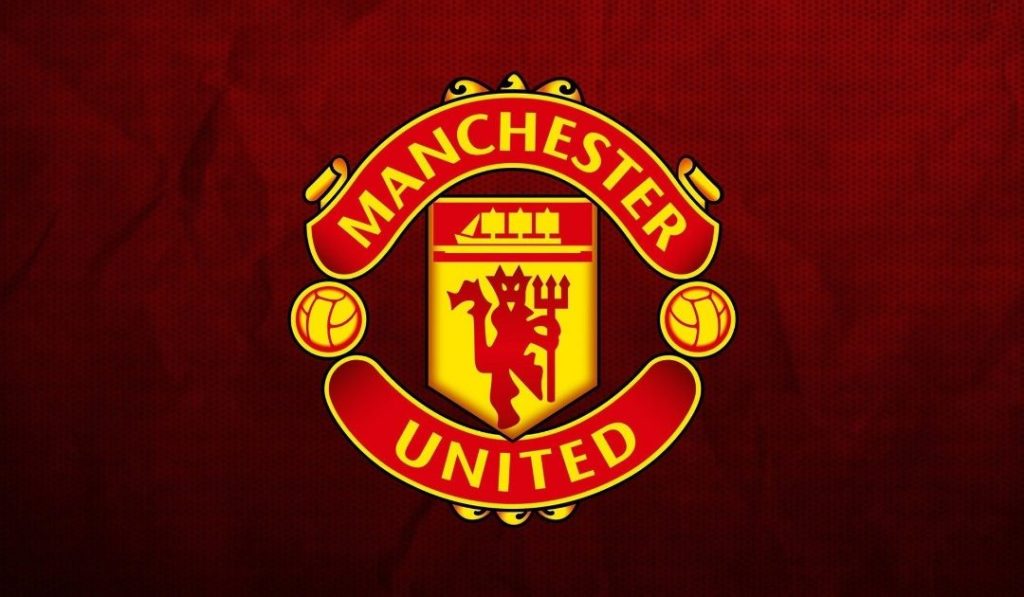Manchester United’s financial performance for the fiscal year ending in 2025 exhibited a complex interplay of sporting underachievement and financial resilience. While the club endured a disappointing season in the Premier League, finishing a dismal 15th, their unexpected run to the Europa League final provided a much-needed financial boost. This success, coupled with cost-cutting measures, allowed the club to significantly raise its projected core profit (EBITDA) to between £180 million and £190 million, a substantial increase from the earlier estimate of £145 million to £160 million. This demonstrates the significant financial impact of European competitions, even secondary ones like the Europa League, on a club’s bottom line.
The club’s financial report for the third quarter, ending March 31, 2025, reveals the impact of the Europa League run in greater detail. Total revenue for the quarter surged by 17.4 percent to £160.5 million compared to the same period the previous year. This surge was primarily driven by increased matchday revenue, which saw a remarkable 50 percent increase to £44.5 million. The additional home games associated with the Europa League campaign significantly contributed to this growth, highlighting the direct correlation between on-field progress in cup competitions and financial gains.
Simultaneously, Manchester United implemented a series of cost-reduction measures that further enhanced their financial performance. Total operating costs decreased by 20.4 percent, primarily due to a reduced wage bill. This reduction was partly a consequence of competing in the Europa League rather than the more financially rewarding, but also more demanding in terms of squad depth, Champions League. The loan departures of high-earning players like Marcus Rashford and Antony in January further contributed to these savings. Additionally, a redundancy programme targeting non-playing staff, initiated under the stewardship of minority owner Jim Ratcliffe, played a crucial role in streamlining operational expenses and improving the club’s financial health.
These combined factors – increased revenue from the Europa League run and stringent cost-cutting initiatives – allowed Manchester United to mitigate the financial impact of their poor Premier League performance. Despite the disappointment of finishing 15th, the club managed to maintain a relatively healthy financial outlook, demonstrating the importance of diversifying revenue streams and maintaining financial discipline even in periods of sporting adversity. The increased profitability provides a foundation for the club to invest in squad improvements and strive for a more successful future.
Looking ahead, Manchester United’s chief executive, Omar Berrada, has acknowledged the need for significant improvement on the pitch. While acknowledging the pride in reaching the Europa League final, he emphasized the disappointment of ultimately losing to Tottenham. Berrada has expressed a “clear expectation of improvement” for the following season, signaling an understanding of the need to translate financial stability into on-field success. This suggests that the club will likely invest a portion of the improved financial resources into strengthening the squad and addressing the shortcomings that led to their underwhelming league performance.
Recognizing the need for change, manager Ruben Amorim has embarked on a significant squad rebuild. This rebuilding process is expected to involve both high-profile arrivals and the departures of several key players. The club has already made moves in the transfer market, securing the signing of Wolves forward Matheus Cunha for £62.5 million and expressing strong interest in Brentford winger Bryan Mbeumo. This proactive approach in the transfer window suggests a commitment to strengthening the squad and addressing the deficiencies that hampered their performance in the previous season. The financial stability achieved through cost-cutting and Europa League revenue provides the club with the resources to pursue these targets and build a more competitive team.


